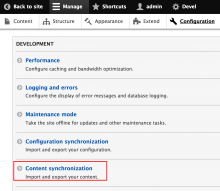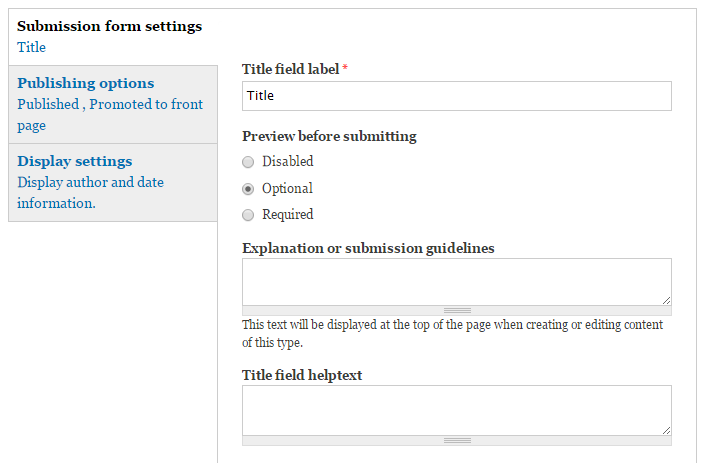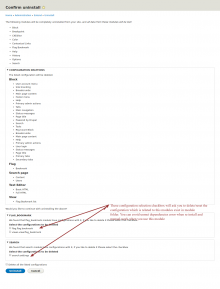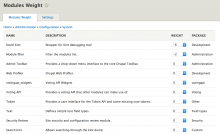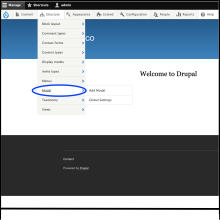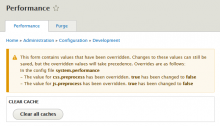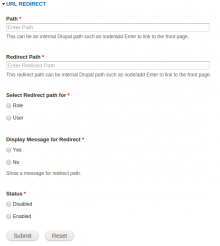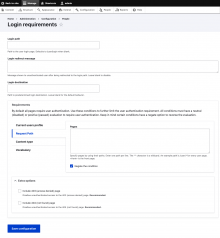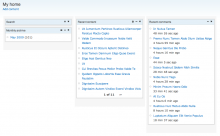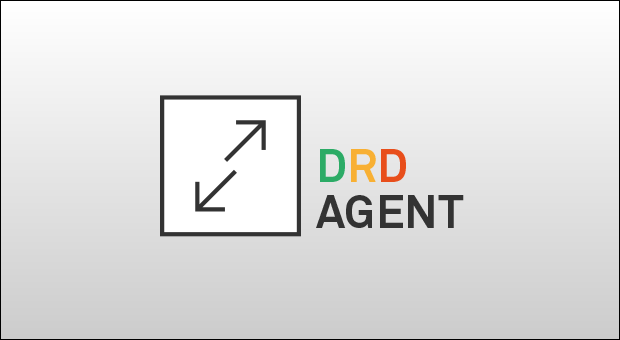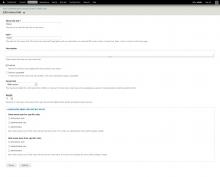Drupal 7 has a new and efficient way of loading module and theme settings from the database. The new loader requires all settings to be stored in the current (serialized) format.
An unfortunate side effect is that any left-over settings from modules that did not clean up when they were uninstalled, and are not stored in the correct format, cause PHP notices on your site.
This may happen if you've for instance upgraded a site from Drupal 5, through Drupal 6 to Drupal 7.
This module lists all entries in the {variable} table that cause unwanted PHP notices on production sites, such as:
Notice: unserialize() [function.unserialize]: Error at offset 74 of 75 bytes in variable_initialize() (line 749 of /srv/www/<sitename>/includes/bootstrap.inc).
By knowing the offending variable name, you can remove it from the database, making the notice go away. Of course, you should probably notify the module or theme author that their module or theme does not properly clean up after itself.
If you find a variable that causes a problem, please note it in a comment on #1284364: Use variable_initialize() against broken values - Notice: unserialize() [function.unserialize]: .
Related Modules
- Variable Cleanup — Checks for unused variables in your variable table by scanning your entire filesystem for unused variables.
 Support for Drupal 7 is ending on 5 January 2025—it’s time to migrate to Drupal 10! Learn about the many benefits of Drupal 10 and find migration tools in our resource center.
Support for Drupal 7 is ending on 5 January 2025—it’s time to migrate to Drupal 10! Learn about the many benefits of Drupal 10 and find migration tools in our resource center.